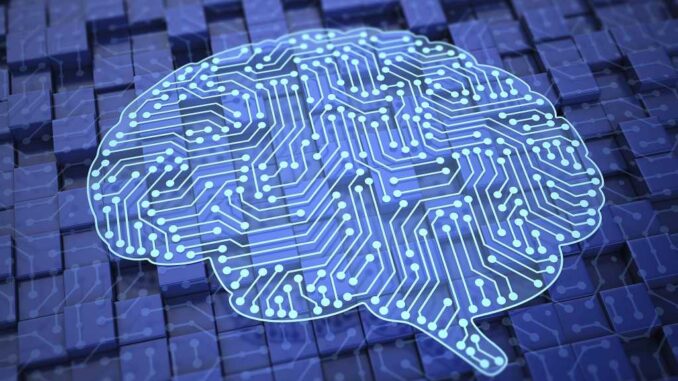
Artificial Intelligence (AI) has become a transformative force in modern information technology (IT), significantly shaping various aspects of software development, data management, cybersecurity, system optimization, and more. Here are some key areas where AI plays a pivotal role:
### 1. **Data Analysis and Management** AI algorithms can process and analyze vast amounts of data much more quickly and accurately than humans. This ability is crucial for extracting insights, identifying trends, and facilitating data-driven decision-making. Machine learning techniques help in predictive analytics, allowing organizations to forecast future trends based on historical data.









### 2. **Automation and Process Optimization**
AI can automate repetitive tasks, freeing up human resources for more strategic work. For instance, Robotic Process Automation (RPA) uses AI to streamline business processes, enhancing operational efficiency. AI can also optimize workflows, resource management, and supply chain logistics, leading to significant cost savings.
### 3. **Cybersecurity**
AI plays a critical role in enhancing security measures in IT. Machine learning algorithms can detect anomalies, recognize patterns, and respond to cyber threats in real-time. AI-driven systems can provide threat intelligence, automate incident response, and enhance vulnerability management by predicting potential breaches before they occur.
### 4. **Natural Language Processing (NLP)**
NLP, a subset of AI, enables machines to understand, interpret, and respond to human language. This technology is crucial for applications such as chatbots, virtual assistants, and sentiment analysis tools, providing improved customer service and enhancing user experience.
### 5. **Software Development**
AI is revolutionizing software development through tools that assist in coding, debugging, and testing. AI-driven development environments can recommend code snippets, identify errors, and even generate code automatically, thereby accelerating the development lifecycle and improving software quality.
### 6. **Personalization and User Experience**
AI enhances user experiences by offering personalization based on user behavior and preferences. Algorithms analyze user data to tailor content, recommendations, and services, leading to increased customer engagement and satisfaction.
### 7. **Cloud Computing and AI as a Service**
With the rise of cloud computing, many organizations are leveraging AI as a service (AIaaS). This allows businesses to deploy AI technologies without investing heavily in infrastructure. Cloud service providers offer various AI tools and services that can be integrated into existing systems, making AI accessible to a wider range of organizations.
### 8. **Decision Support Systems**
AI systems provide decision support by analyzing complex datasets and presenting actionable insights. These systems support strategic planning and operational decisions across various sectors, including finance, healthcare, and logistics.
### 9. **Emerging Technologies Integration**
AI plays a significant role in the integration of emerging technologies like the Internet of Things (IoT) and blockchain. For example, AI can analyze data generated by IoT devices to detect patterns and optimize performance, while it can enhance blockchain technology by improving transaction verification processes.
### 10. **Ethical and Social Implications**
As AI becomes more integral to IT, ethical considerations become increasingly important. Issues such as data privacy, algorithmic bias, and job displacement require careful thought and structured governance frameworks to ensure that AI technologies are developed and implemented responsibly.
### Conclusion
The role of artificial intelligence in modern information technology is multifaceted and rapidly evolving. As advancements continue, AI will further enhance efficiencies, drive innovation, and reshape the competitive landscape across industries. However, it is vital for organizations to approach AI development and implementation responsibly, considering ethical implications and societal impacts as they leverage this powerful technology.

Leave a Reply